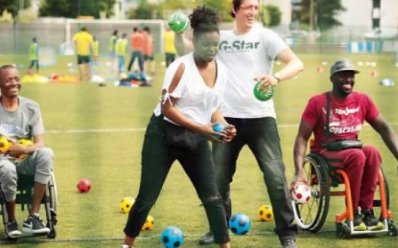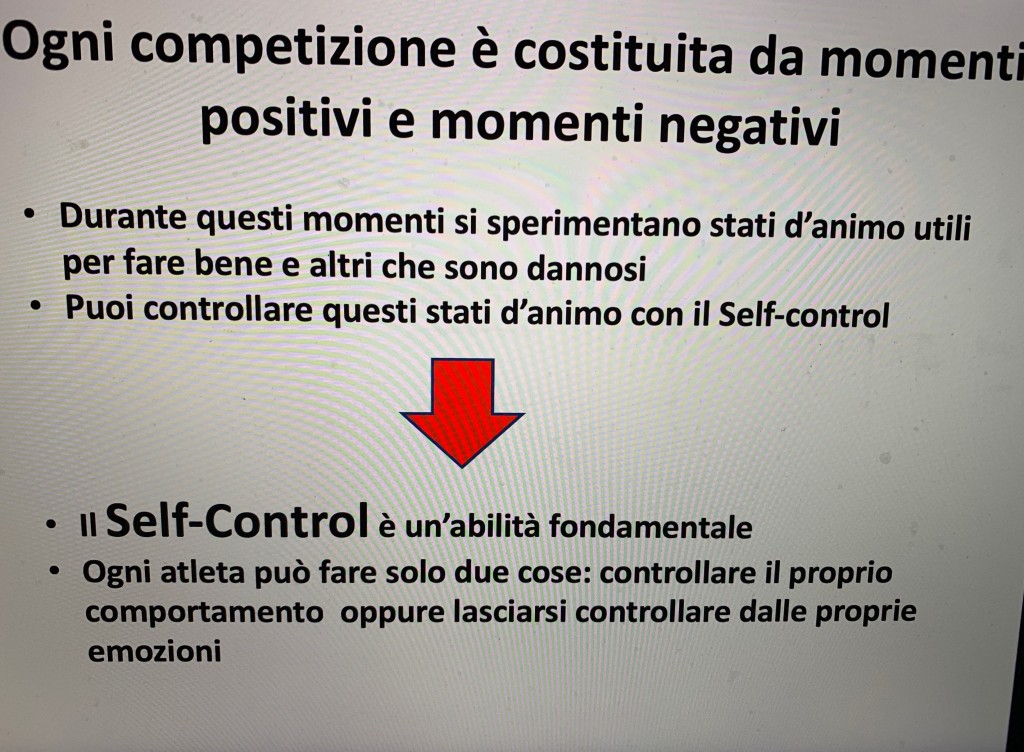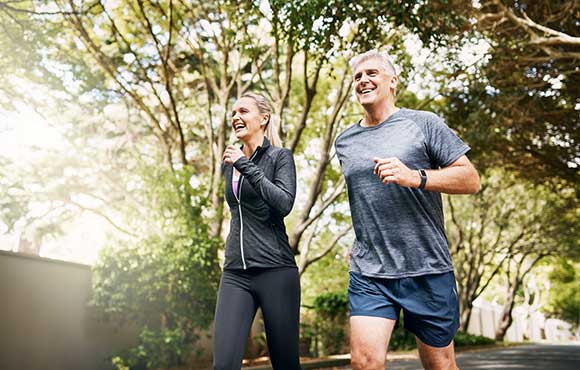La nuova ministra dello sport francese Roxana Maracineanu ha presentato un barometro nazionale delle attività sportive che sarà aggiornato ogni due anni
Secondo il primo barometro nazionale delle pratiche sportive il cinquantadue per cento dei francesi sopra 15 anni praticano sport almeno una volta alla settimana: la ricerca è sviluppata da Injep-Istituto nazionale della gioventù e dell’istruzione popolare e Credoc-Centro di ricerca per lo studio e l’osservazione delle condizioni di vita. La percentuale dei praticanti sale al 75% tra i 16-25 anni secondo un’altra indagine, presentata al Ministero dello sport dall’associazione UCPA. Se i giovani preferiscono il body building e il fitness, di fronte al calcio e alla corsa, sono la corsa e la camminata le più amate dai francesi (40%), davanti alle “attività di fitness” e alla palestra (32%), seguite da sport acquatici e nautici (27%).
“Questo barometro è uno strumento che ci permetterà di valutare la pratica sportiva dei cittadini francesi ogni due anni, non ogni dieci anni come prima – ha detto Roxana Maracineanu, ministra dello sport francese - Sarà una bussola per guidare le nostre politiche pubbliche e intercettare le popolazioni più lontane dagli sport, come le donne o le persone con disabilità”.
Nella sua tabella di marcia, l’ex campionessa mondiale di nuoto, diventata ministra dello Sport lo scorso settembre, si è posta l’obiettivo di coinvolgere tre milioni di praticanti in più, cercando di far muovere il 20% dei non praticanti che dichiarano di voler praticare uno sport. Anche il primo ministro, Edouard Philippe, ha parlato di “sviluppo di pratiche sportive per tutti, ovunque, per tutta la vita”. (per approfondire clicca qui)
La precedente ministra dello sport francese, Laura Flessel, durante il suo mandato ha lanciato un bando per la creazione di ”liv-lab”, luoghi in cui le persone che non sono abituate a praticare sport vengono incoraggiate a muoversi attraverso l’uso della realtà virtuale. La Flessel è stata anche coinvolta nella lotta contro la discriminazione: è stata protagonista insieme a dieci atleti di una campagna di comunicazione contro il sessismo, il razzismo, l’omofobia e lo stigma della disabilità. In un contesto inedito per lo sport francese, dove la nuova governance, insieme ad una politica di austerità, incoraggia una privatizzazione dello sport e dunque un rafforzamento delle disuguaglianze, la FSGT-Fédération sportive et gymnique du travail è molto attiva per rendere effettivo il diritto allo sport per tutti e sui temi della disabilità con numerosi progetti. In particolare a Saint Denis, banlieu di Parigi, ha messo a disposizione a persone con disabilità e ai giovani frequentatori del quartiere uno spazio sportivo gratuito. Questa iniziativa permette di avvicinarsi e di svolgere una pratica sportiva regolare e duratura alle persone del quartiere e non solo: una pratica che mette insieme persone con disabilità e senza, dando vita ad un incontro sportivo che alimenta le relazioni umane e supera le diversità, contribuendo alla costruzione di una società inclusiva e ugualitaria. (Per approfondire clicca qui)
(Source UISP Massimo Tossini)









